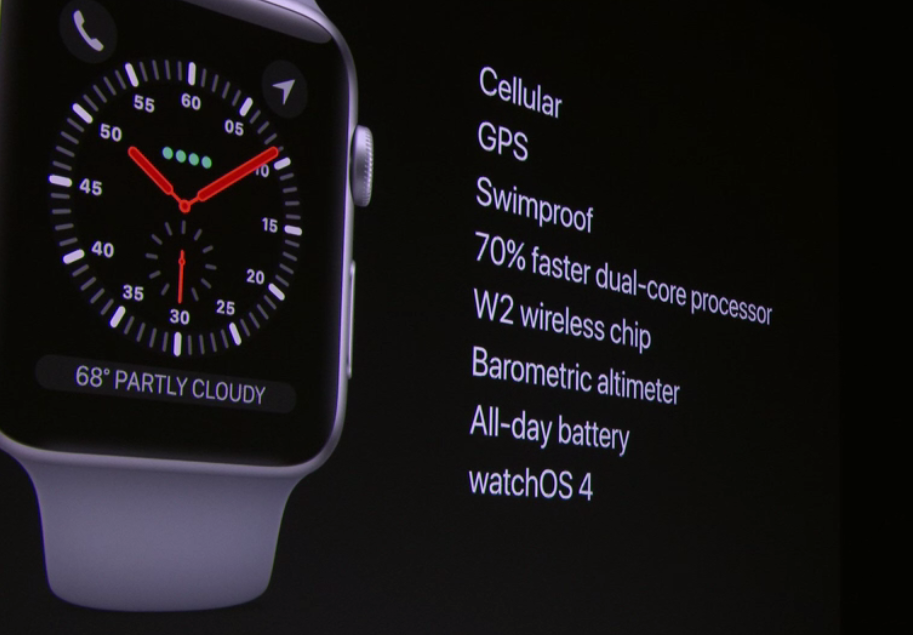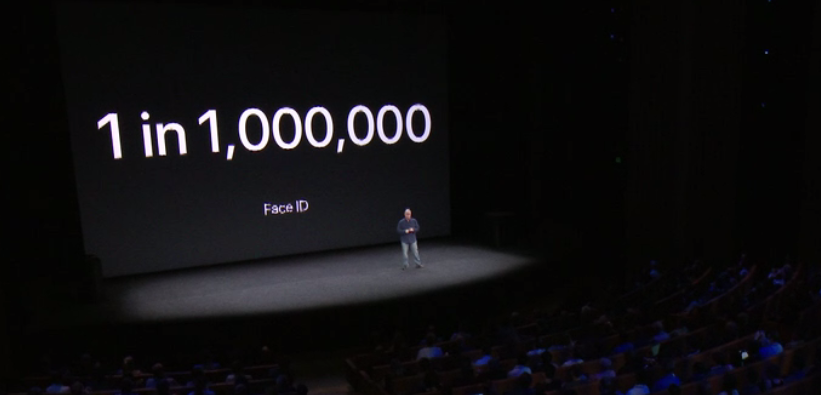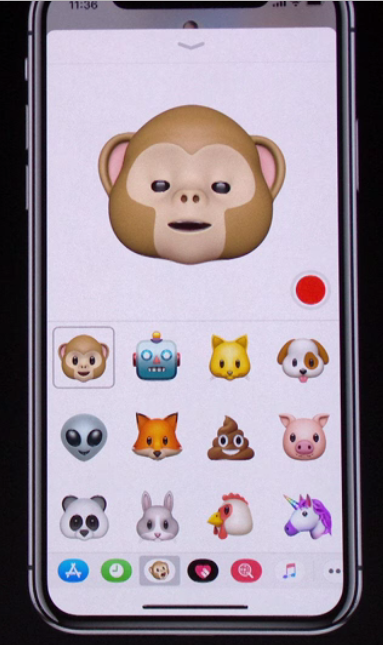Silicon Valley has been promising life-changing personal digital assistants for years, but we all know most are semi-useful at best.
A new research project to measure the IQs of these "smart assistants" concluded that Google is the smartest but has an IQ equivalent to a six-year-old (Google received a score of 47.28 while a typical 6-year-old would receive a 55.5). An average adult would rate between 85-115 points.
Where does the "digital golden child" (aka Siri) score? It received a very disappointing 23.9. Siri was outsmarted by Microsoft's Cortana and Baidu.
The results showed that these assistants had made significant improvements over the last two years but that they still have a long way to go before they deliver on their real promise.
Privacy and the digital assistants
Apple triumphantly became the first major tech company to include a digital assistant with every iPhone 4s. As we bought into the dream, we were enthralled by all the wonderful possibilities that this technology would enable.
Apple went all-in with the privacy chip, and soon Siri was surpassed by Alexa and the Google Assistant. Most notable was the launch of Amazon's Alexa in 2014 which had a much better ability to understand natural language commands and had the first real consumer implementation of far-field microphone technology. Amazon's microphone technology coupled with artificial intelligence in the cloud meant it could pick up commands from a distance even in relatively noisy environments. Something Apple certainly couldn't do.
While Amazon opened up its skills technology to the world, Apple carefully guarded its assistant enforcing strict privacy controls. In the Snowden era, privacy is important, but consumers are typically more interested in convenience.
Pushing the boundaries of artificial intelligence, Google decided to use its incredibly vast trove of user data to train its artificial intelligence and machine learning engines. This unmatched access to valuable data (think Google Voice, Google Maps driving patterns, likes/dislikes in Gmail, etc.) has allowed the sultan of search to become the king of digital assistants.
Many believe that Apple's lack of development of Siri caused many prominent employees to leave the Siri program. Most noticeable were the departures of the Siri co-founders Adam Cheyer and Dag Kittlaus. Not wanting to retire and watch from the sidelines, they created a new digital assistant leveraging the most modern technologies, under a new banner "Viv Labs. Viv Labs was supposed to be an independent digital assistant that would work across many products and companies. Helas they sold to Samsung for ~$200M, and now we wait to see how they will use the technology.
Google is all in with the Google Assitant
On October 4, 2017, most tech analysts watched as Google unveiled its 2017 crop of technologies. They launched two phones, two speaker-assistants, a refreshed VR headset, Bluetooth headphones and a new laptop. We could see how the new MadebyGoogle style was infused in everything they launched.
Even though everything seemed well designed and manufactured, the most striking message was that Google was embedded it's Google Assistant in everything.
The Google Assistant now lives in every new Google product and in most cases is the unique differentiator for that product.
The Google assistant and its unique Artificial Intelligence engines:
- Allow its Google Home Max speaker to auto-tune its sound profile taking into account the characteristics of the location it is in
- Allow it's smartphone to use a single camera to generate bokeh and blurred photo backgrounds (which Samsung, HTC, and Apple deliver using two cameras)
- Allow its Google Buds Bluetooth earphones to break down the communication barrier by making Google translate voice easier to use in the real world
- Allow its Pixel Chromebook laptop competitor to use Google Lens to identify elements in a picture (aka a famous person on a web page or a landmark in a picture)
Google is gambling that its Assistant will be a key product differentiator and they may be right. I have owned iPhones since the very first version. I owned every Apple Newton Apple every released and spent way too much money on Newton accessories. I am not a fan-boy but loved the tech.
This is the year I upgrade my personal phone; I opted to jump to the Google Pixel 2XL instead of the iPhone X.
- I need a device that is more customizable thank what Apple allows. Think of the Chinese citizens that can no longer install VPN clients on their Apple products because Apple banned these apps from its Chinese app store to comply with Chinese law. To make things worse, Apple does not allow them to sideload any apps, so these customers are stuck. On Android, you can toggle a switch to sideload apps. Sideloading does increase your cyber risk, but sometimes that is an acceptable outcome.
- I was also tired and frustrated with Siri and Google can help me be more efficient in more situations.
I believe that Google CEO Sundar Pichai is right when he says we are entering an AI first world.
Conclusion
Assistants will be the front end to this new artificial intelligence first world we are entering into. Apple has more money than most countries and could surprise everyone with a significant upgrade to Siri, but without the enormous troves of data Amazon and Google have about users, it will be an arduous journey. Apple is not in trouble. Apple is not dead. Apple is a vibrant company that continues to find new ways to create billion dollar business' (Apple music, Apple watch, etc.).
In the short term, I doubt the lackluster performance of Siri will hinder its growth, but I am convinced it will have an impact on its longer-term viability (unless it decides to jump all in and spend some of its cash on buying maturity for Siri).











